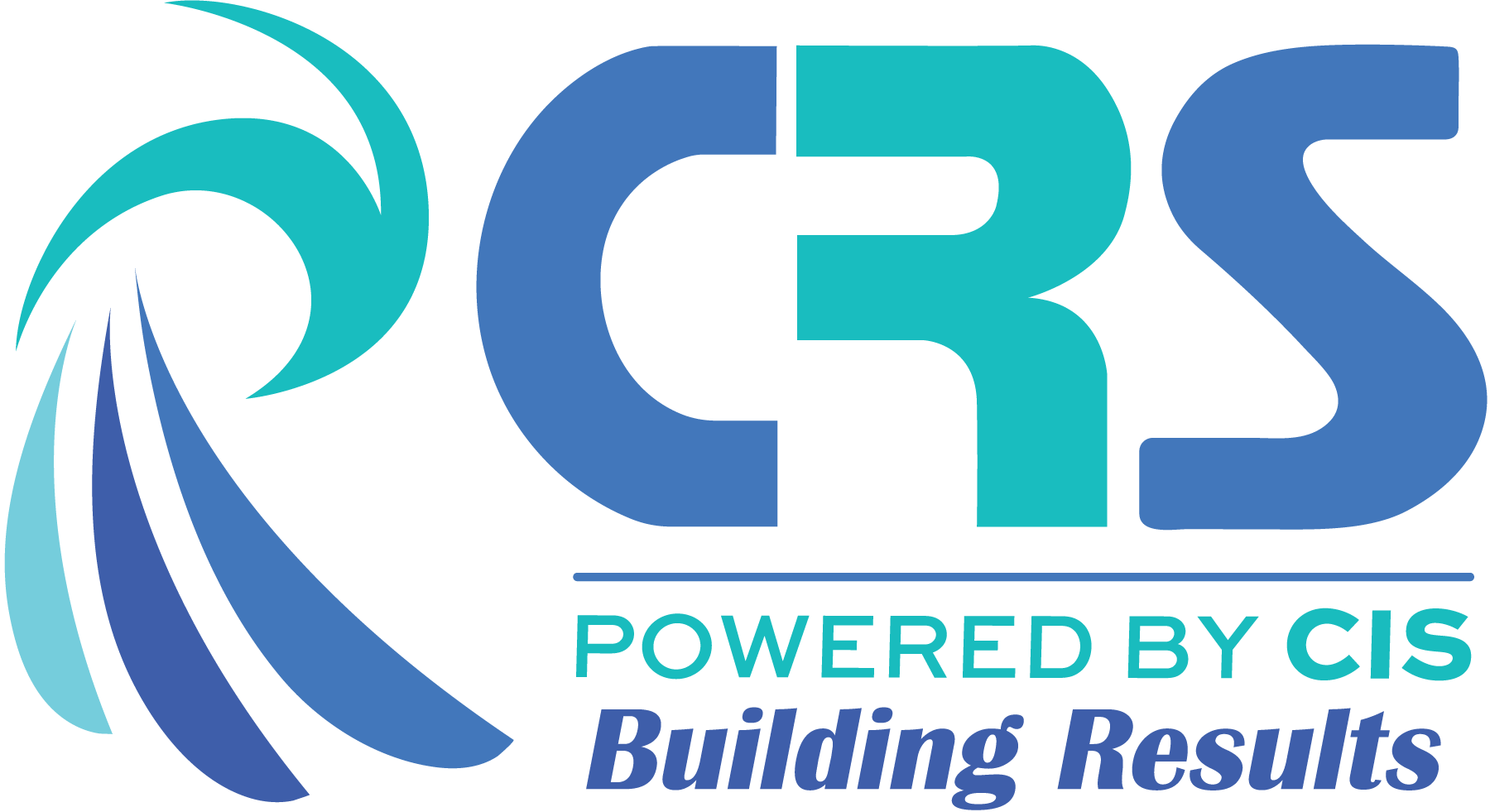Over the years, as I’ve been doing this work, I have seen plenty of times when a contractor decides to self-insure. If an issue arises, usually around $5,000 or less, they’ll try to pay it out and handle it themselves. They don’t want to make a claim on their insurance because they want their rates to stay the same; the point is that self-insuring claims coming in for anything is ultimately not the way to go.
Its Not Okay To Pay For The Issue
Many people think It’s not a big deal if it’s under $5,000, and many times our deductible could be $5,000, and then our rates would not go up, and we wouldn’t be punished, or we wouldn’t have higher pricing at renewal. So the idea is that in most policies, I would say the majority of all the policies I’ve seen for liability insurance, and in most insurance, is that if you decide, or your company makes a decision in a process that you will come in and pay for anything that’s under 5,000, ultimately, self-insuring yourself up to 5,000 for any claims that happen, that you technically could be voiding your contract. And the idea is that why would you be canceling your contract if you were the one that said, “No, I’m just going to make it right with this person or this company and pay whatever the damages are, and we move on.”?
What Happens If This Doesn’t Get Resolved
Well, if that claim that you self-insured on and paid out on comes back a year from now, two years from now, most insurance claims for contractors, especially construction defects, come back between years six and eight. So, if you are in the first year or the first two years, pay out a claim of $3,000 or $4,000 yourself, and you self-insure, then later, if it comes back. It turns into a more significant issue; chances are you go to your insurance company and say, “Hey, we already paid some money on this. We already managed this problem,” you could have voided the contract because it’s going to be harder now for the insurance company to come in and manage the claim. They would’ve already gone in there, they would’ve signed documents, and they would’ve been able to release liability on that problem in the beginning and maybe actually did more research and did more inspection on whatever the claim was to make sure that it wasn’t going to go any further.
Protect Your Insurance Rates
The idea of contractors self-insuring any issue, usually up to 5,000, is good. It sounds like a great idea; if we can handle it, we’ll do it. We don’t want our insurance rates to go up.” The problem is that if you look through your policy, it may very well void your contract. So if that claim turns into something bigger, and the insurance company finds out that you went in ahead of them and tried to settle it, or you tried to self-insure the claim and didn’t notify your insurance company, you could void your contract. And I’ve talked to many clients about this, and it’s always new news to them. They had no idea that was in the policy. They thought they were doing the right thing, and they thought that was a good thing to prevent their rates from going up.
How To Avoid These Types Of Problems
And that’s the advantage of working with a specialist on contractors’ insurance is understanding and avoiding any of these issues that could come up later; even if you have an attorney, it is an attorney that goes in and works out the claim and works on it themselves, it still could void the contract. The insurance company needs to be notified if there’s a possibility of a claim always. I mean, there’s no way to get around that. And often, those tiny little claims that people are worried about that will raise the rates may not. I’ve seen it many, many times. The little ones are not a problem. When we see claims that are half a million or more or claims for $25,000, we can start thinking about the rates going up.
Let Your Insurance Do its Job
So this is a great topic: to not self-insure yourself up to $5,000 or $1,000. Let your insurance company work for you. Let the insurance company know what’s going on with you. And the more I usually communicate with my underwriters and insurance companies and ask questions like, “What about this,” the better it is for everyone. Everyone wins when we know what’s happening; it’s when people aren’t informed that we have significant problems, and it can take much longer to fix and help protect you. If you have any questions regarding this subject matter, please get in touch with me.

